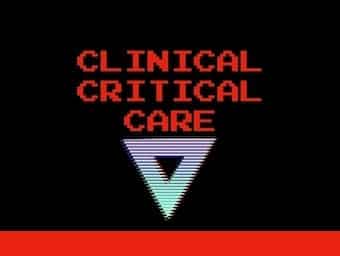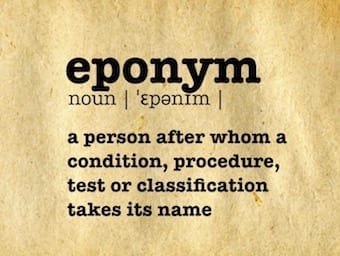
Woltman sign
Woltman sign of myxedema: Slowness of both the contraction and the relaxation of muscles in hypothyroid patients, best seen as the “hung-up” ankle jerk and occurring because of mechanical factors and slowness of contraction time, as in myotonia and pseudomyotonia






